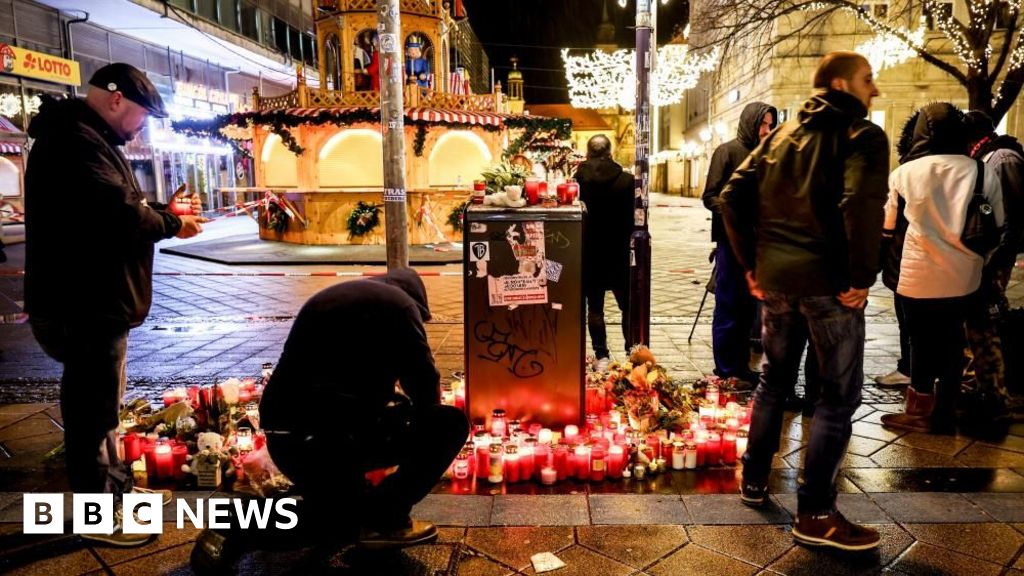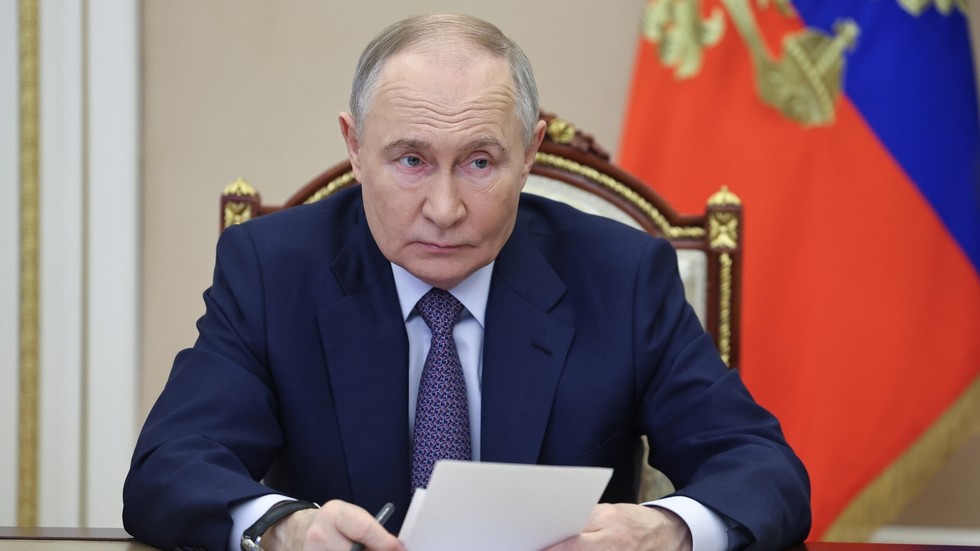Unlike the excitement felt by many women when they find out they are expecting a baby, Hanna* was filled with fear when she realised she was pregnant.
The Myanmar refugee who arrived in Malaysia in 2023 and is still waiting for her United Nations High Commissioner for Refugees (UNHCR) card had many reasons to fear what was to come.
“I didn’t have money to go to a doctor, so I had to eat less for five months to save enough money to get a medical check,” she told Al Jazeera. Later, she was referred to a private clinic that provides antenatal care to refugees and asylum seekers for nominal prices. But the pains she endured during her pregnancy left Hannah with no choice but to seek help at a public hospital, where, as a refugee, she risked being reported to immigration for not having any documents.
Under Malaysia’s immigration laws, public health facilities are instructed to report undocumented patients to the authorities, putting them at risk of arrest, detention and deportation. This was reinforced by a directive from the Ministry of Health in 2001 that made it mandatory for public health workers to report undocumented patients.
Malaysia is not a signatory to the 1951 Refugee Convention or the 1967 protocol relating to it. This means refugees are not recognised and they are deprived of basic human rights such as work, access to education and healthcare, and live under constant risk of arrest and detention.
Nora*, a refugee who works at the clinic, told Al Jazeera that Hanna was not the only refugee woman facing difficulties in her pregnancy due to the lack of access to healthcare and its cost.
“We offer help to over 22 refugees and asylum seekers. They can’t afford healthcare, it’s very expensive for them,” she said.
Refugees registered with the UNHCR get a 50 percent reduction on healthcare charges paid by foreigners, but the cost remains unaffordable for many, according to Nora. As for those who are undocumented like Hanna, the costs are not only expensive but full of risks.
 Refugee women often struggle with the costs of paying for healthcare for themselves and their children [File: Ahmad Yusni/EPA]
Refugee women often struggle with the costs of paying for healthcare for themselves and their children [File: Ahmad Yusni/EPA]Hanna ended up giving birth to her child in March at another public hospital. According to her, the doctors assured her safety and did not follow the order to report her to immigration, but the caesarean section that she needed cost her more than 6,000 Malaysian ringgit ($1,200).
“I saved only 3,000 ringgits over my pregnancy, so I had to borrow money from my friends to afford the procedure,” she said.
‘Changes have not happened’
Hanna’s story is one of many that highlight the challenges women face as asylum seekers and refugees in Malaysia as a result of their precarious status.
The Committee on the Elimination of Discrimination against Women (CEDAW) will convene on Wednesday to review Malaysia’s progress in implementing the recommendations of last year’s review, which highlighted the problems caused by the continued lack of a legal framework for refugees.
The committee presented a list of issues and questions to Malaysian officials, including a recommendation that the country adopt a “long-term legislative approach” to ensure women asylum seekers, refugees and migrants have access to health services and are exempt from paying higher fees than Malaysians.
The committee also asked Malaysia to repeal the order to report undocumented patients to immigration authorities and repeated previous recommendations to the National Security Council (NSC) to adopt a legal framework for refugees as a “priority”.
In its reply, the Malaysian government said the country provided unrestricted access to all ranges of health facilities in both public and private health sectors, but did not comment on the recommendation to exempt refugees and asylum seekers from higher fees than Malaysians.
As for the requirement to report undocumented migrants to the immigration authorities, Malaysia said it would continue.
“It is the prerogative of a sovereign State to detained [sic] and return any undocumented person staying illegally in the country,” the response read. “The detention of such [a] person allows the Government to determine the security nature or threat that the person may hold against the country.”
However, in its response, Malaysia also said it had amended National Security Directive Number 23 – Mechanisms for the Management of Illegal Immigrants that hold UNHCR Cards – to provide a policy for the management of asylum seekers and refugees, and that it included “major changes” that would grant asylum seekers and refugees access to employment, healthcare and education.
“In this regard, refugees and asylum seekers as defined in the Directive are allowed to remain or stay temporarily in Malaysia based on humanitarian grounds in the fulfilment of Malaysia’s international moral obligations,” it said.
Despite that, the situation on the ground has not changed, according to the refugee rights organisation Asylum Access Malaysia, which submitted a report to the CEDAW committee ahead of this year’s review.
Asylum Access noted that the details of the directive remained unknown and unpublished, and that it was uncertain how refugees and asylum seekers were defined in the directive or if it aligned with international definitions.
The “NSC directive significantly falls short of a legal framework as recommended by the CEDAW committee”, it said.
The organisation warned that the claimed amendments to the directive also lacked any clarity on data protection for refugees added to the national registration system or whether the data could be used as a surveillance tool or be shared with other governments.
 Refugee women in Malaysia learn English with volunteer teachers [File: Vincent Thian/AP]
Refugee women in Malaysia learn English with volunteer teachers [File: Vincent Thian/AP]The report criticised the adoption of such a directive in what it described as a “highly classified internal decision-making process” by the National Security Council without any form of public review or legal challenge.
Katrina Jorene Maliamauv, the executive director of Amnesty International Malaysia, said that despite the claims from the government that the situation had changed, the experience of refugee women and girls suggested otherwise.
“As refugees continue to be arrested, detained, remain at risk of indefinite detention and refoulement, are denied the right to safe, decent and sustainable livelihoods, remain in fear of accessing healthcare due to risks of arrest and detention and prohibitive costs, are denied the right to education, and a host of fundamental rights, it is clear that the changes that need to be made have not happened,” she said.
The National Security Council did not respond to questions from Al Jazeera regarding the directive and its implementation.
*Pseudonyms have been used to protect the refugees’ identities.

 7 months ago
38
7 months ago
38









